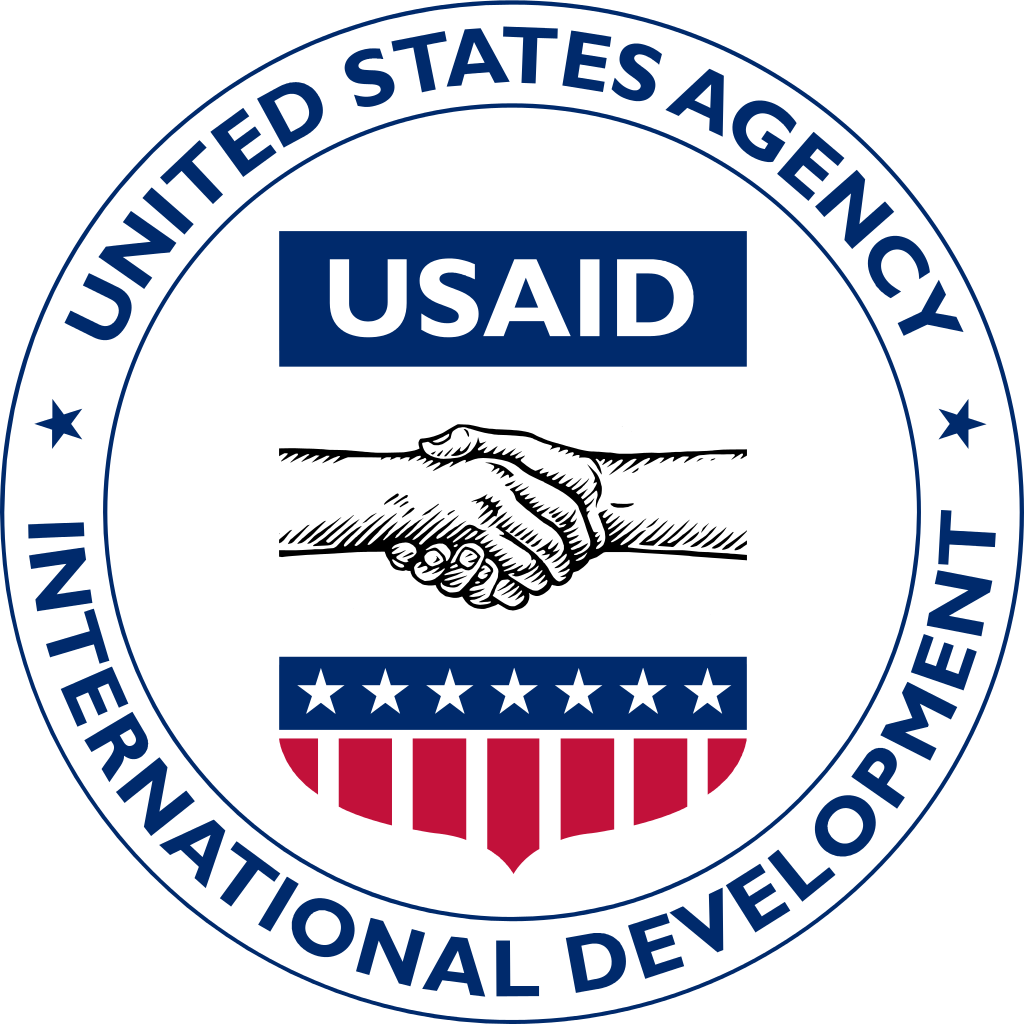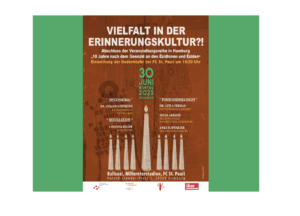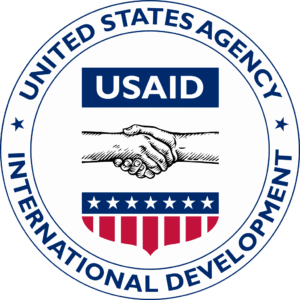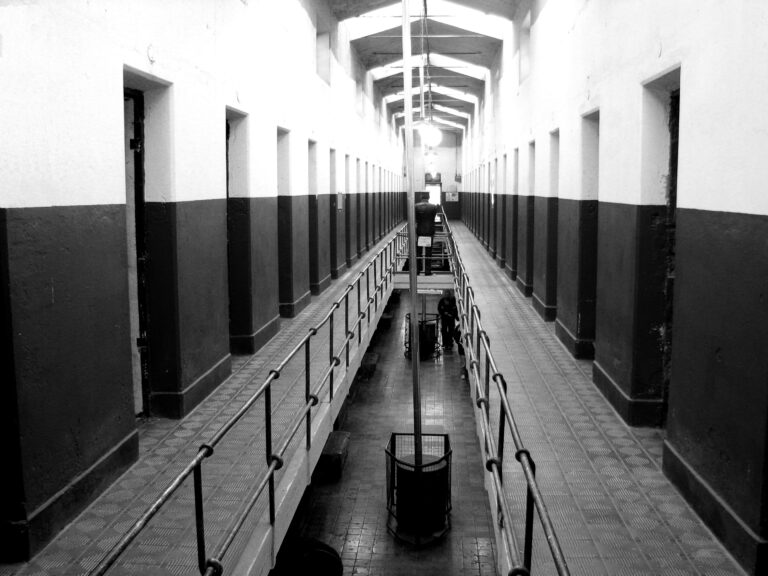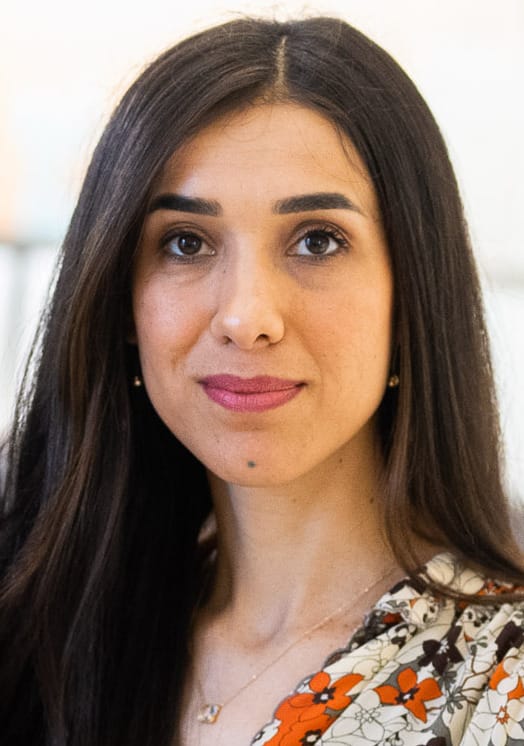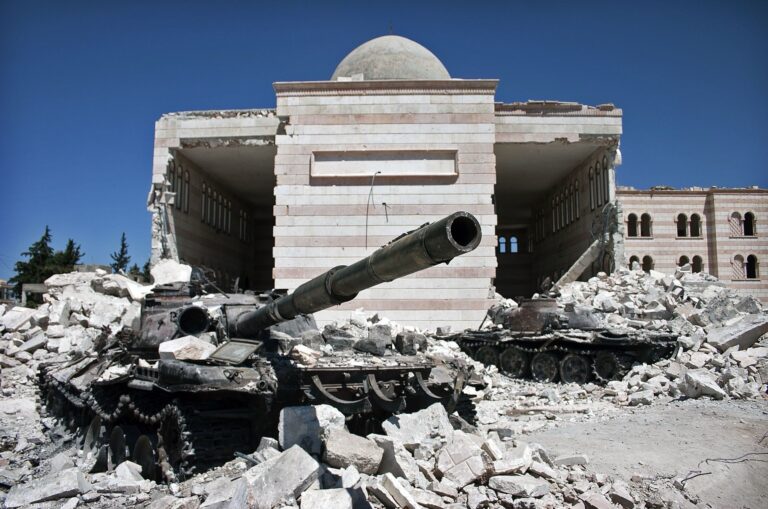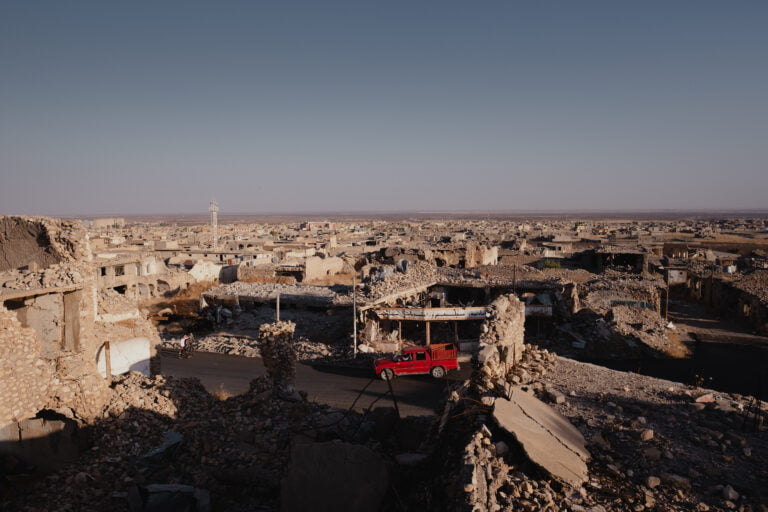Earlier this year, the United States dismantled its foreign aid agency, USAID, cutting billions of dollars in humanitarian and development support in Iraq. This decision has already left some of Iraq’s most vulnerable—like the Ezidi people of Sinjar—at risk of losing critical services essential to their survival and recovery.
In January 2025, one of the first actions of the U.S. administration was to suspend all foreign aid for a 90-day review. By spring, USAID was officially closed, and thousands of programs across Iraq began shutting down.
The U.S. justified the move as a cost-cutting measure. More than $27 billion worth of grants and contracts were canceled, leaving local organizations scrambling to fill the gap. Nearly 90% of Iraqi civil society organizations are now projected to close within two years due to the funding collapse.
The stated reason was to reduce U.S. spending and focus only on “American interests.” But for Iraq’s displaced and persecuted minorities—including over 30,000 Ezidis in Sinjar who rely on clean water, schools, health clinics, and reintegration support—the consequences are devastating.
The Ezidi people are survivors of genocide, mass displacement, and systematic violence. Yet they now face another blow: the loss of the international support that enabled them to begin rebuilding their lives and communities. Years of progress risk being undone, leaving many without even the most basic services or hope for a dignified future.
Recovery after genocide is not automatic. It requires sustained commitment from the international community to help survivors heal, rebuild, and thrive. For the Ezidi people, silence and abandonment are not just unjust—they are dangerous. It is time the world remembers: recovery takes more than words. It takes action.
